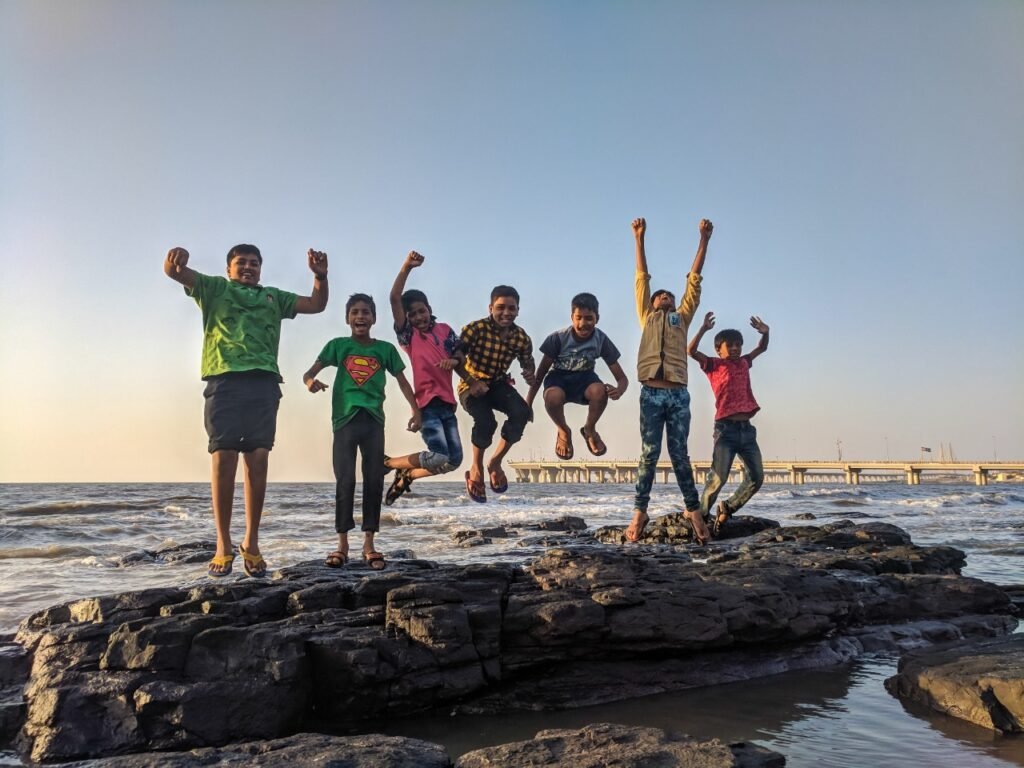Read in : தமிழ்
A kids programme on Zee Tamil has been in the center of a political controversy. In it, children were shown doing a comedy skit around the Modi government’s policies. Demonetization, claims of getting rid of black money were satirized, although no leader was named. BJP state president K Annamalai tweeted that the TV show had defamed India’s Prime Minister and action would be taken. DMK MP Senthilkumar had shared the video, drawing the public eye towards the skit.
While the overreaction of the BJP has been debated and criticized widely, what went largely unnoticed was that the children acting out the skit were clearly not the authors of the script. They couldn’t have possibly understood the themes or made a judgment call on the policies on their own.
It is not just the Junior Super Stars show on Zee Tamil – the center of the controversy – that claims to be for children but has children acting inappropriately for their age. Such shows are the norm for children’s shows everywhere in popular culture and entertainment. Whether it is Vijay TV’s Super Singer Junior or Kalaignar TV’s Chella Kutties, what is presented as programming for children is rarely age appropriate. In these, children are made to talk like adults.
In one of these shows, a three year old child is asked if he knows what it means to be husband and wife. The audience, mostly adults, is shown enjoying the situation
In one of these shows, a three year old child is asked if he knows what it means to be husband and wife. In another, a boy is asked if he has a girlfriend. The audience, mostly adults, are shown enjoying these moments. It is not clear if the anchors understand how these questions will affect the child. It is also not clear why parents allow their children to be treated this way in these shows. In Kutti Pattalam, the Kutti Chutties equivalent show in Malayalam on Suriya TV, a conversation became controversial and the Kerala Children’s Commission stopped the programme.
In Super Singer Junior, children sing songs that deal with relationships between adults. They even dance to it. Abdul Hameed, a noted anchor, has described how siblings were made to dance like a couple for a song for a programme. Children are sometimes asked questions about relationships within the family or about physical attributes, which are not age appropriate. Such shows have viewership of lakhs of people.

Children have their own worlds and priorities. Shows for children should show them being age appropriate.
Pic Source: Pexels.
There doesn’t seem to be any expert or psychologist specializing in children advising these shows on what is age appropriate content. In reality, game and reality shows that have little concern for the well-being of the participants and young viewers are what pass for children’s shows on television. Despite the occasional questions, many like watching the shows.
This doesn’t stop with television. Recently, a YouTube channel featuring a boy went viral. He then appeared in an ad for a big firm playing an adult. A few years ago, a video went viral that had a child saying that if a child was mischievous, he or she should be reprimanded verbally and not be beaten. There is a market value for such age inappropriate videos and appearances by children. Such videos and programmes work more for adults. Even adults can’t watch them with children because the content is often over the top.
It is escapist fare that adults use children as mouthpieces for their viewpoints.
Children are inquisitive. They ask questions which adults often find difficult to answer. But such situations become opportunities for adults to make children say and do what they themselves want to say and do. It is escapist fare that adults use children as mouthpieces for their viewpoints. And it’s not new at all for Tamils.
As far back in time as our myths, this has been the case. For instance, Lord Murugan playfully teaches high knowledge to Saint Avvayar. But Murugan is only a boy.
What took root in the puranas was seen in movies too. Vedam Pudithu has this scene in which the boy Shankaran admonishes a much older Balu Thevar for proudly attaching a caste name to his name. He tells him that he, a brahmin, has gone beyond caste but why hasn’t an atheistic Balu Thevar done so. Clearly, a case of adult views spoken through a boy.
In our culture, it is routine for adults to make children ask such questions and answer them, vicariously. Tamils want to instruct the whole world on culture and reason. They must ask if this practice is healthy.
Read in : தமிழ்











